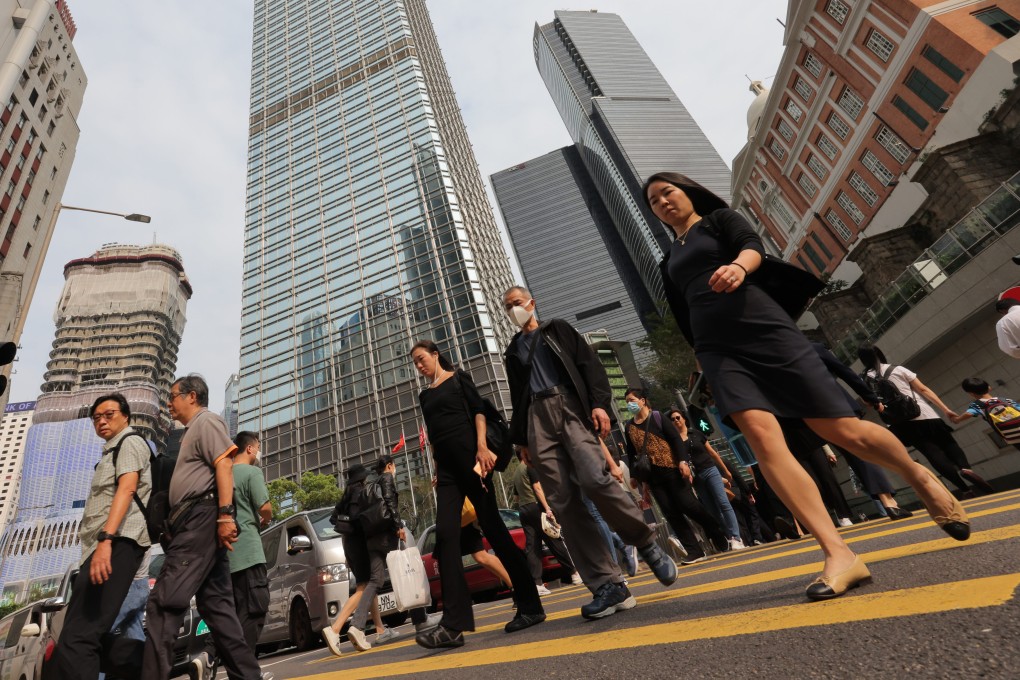Advertisement
The View | Why Hong Kong’s property market isn’t all doom and gloom
- Hong Kong’s real estate sector has endured a series of shocks, yet it is far more resilient than dire reports of its state might suggest
Reading Time:4 minutes
Why you can trust SCMP
2

When will Hong Kong catch a break? Ever since the trade war between the United States and China erupted in 2018, the city has faced a succession of domestic and external shocks that have inflicted grave damage on the economy, undermined confidence and exacerbated concerns about Hong Kong’s future as a financial hub.
Advertisement
A resilient recovery, let alone a sustainable one, has proved elusive. In the real estate industry, the downturn has deepened in parts of the market, resulting in some of the steepest declines in asset values on record. The Centaline City Leading Index, a gauge of secondary house prices, is down 26.3 per cent from its peak in August 2021, while transactions in the secondary and primary markets last year fell to their lowest level since 1991.
In the commercial property sector, grade A office rents have fallen by more than 35 per cent since their peak in 2019, while the overall vacancy rate has shot up to an all-time high of 16.9 per cent, up from less than 5 per cent in 2019.
Advertisement
In Hong Kong’s languishing commercial property investment market, there were only 48 deals in the first half of this year, the lowest level since the second half of 2008. Moreover, distressed sales accounted for nearly three-quarters of transaction volumes, according to data from CBRE.
The severity and prolonged duration of the downturn has alarmed many real estate experts in Hong Kong. Earlier this month, JLL urged the government to introduce relief measures in the residential market “to avoid the city repeating the downcycle witnessed between 1997 and 2003” following the Asian financial crisis.

Advertisement
